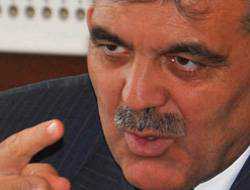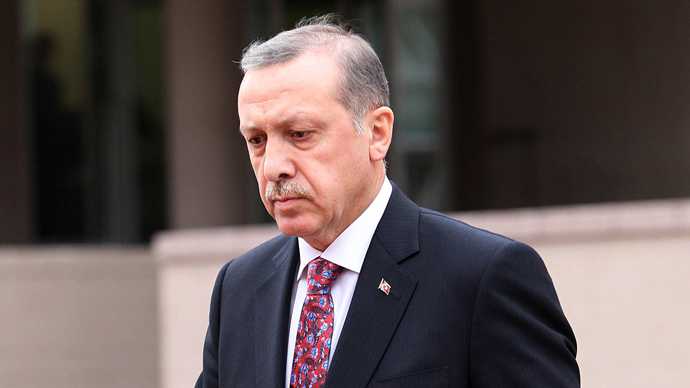 Message is first high-level expression of sympathy; Netanyahu had refrained from contacting Turkish PM after the bombings near the Syrian border.
Message is first high-level expression of sympathy; Netanyahu had refrained from contacting Turkish PM after the bombings near the Syrian border.
According to Haarezt President Shimon Peres sent a personal message on Friday to his Turkish counterpart, President Abdullah Gul, expressing his sympathies following the May 11 terrorist attack in the Turkish town of Reyhanli near the Syrian border, in which 51 people, most of them civilians, were killed.
Peres’ message came against the backdrop of recent efforts at repairing ties between Turkey and Israel, which reached a nadir in 2010 after nine Turkish citizens aboard a Turkish ship that was part of a Gaza-bound flotilla were killed in a clash with the Israel Navy.
In Friday’s condolence message, Peres wrote that this month’s double car bomb attack in Reyhanli demonstrated the need to enhance cooperation between Israel and Turkey.
A few days after the bombing, Turkey’s interior minister, Muammer Guler, blamed the attack on groups that support President Bashar Assad’s regime and have links to Syrian intelligence services.
“I wish to express my deep pain at hearing the news of the murderous terror attack in Reyhanli,” Peres wrote in his message, excerpts of which have been obtained by Haaretz. “On my behalf and on behalf of the people of Israel, I convey my sincere condolences to the families of the victims and to the people of Turkey as a whole.”
The Israeli president added that the attack showed that there are those who wish to sow destruction at the expense of innocent people. Peres also wrote of the need “for close cooperation between Turkey and Israel with the wellbeing of our two countries and the region in mind.” In addition, Israel’s president expressed the hope that “we can look forward together to a better tomorrow for us all.”
Following the Reyhanli attack, the Foreign Ministry advised the Prime Minister’s Office to issue a message of condolence on behalf of the government or that Prime Minister Benjamin Netanyahu send a note to his counterpart, Turkish Prime Minister Recep Tayyip Erdogan. At one point a draft of a condolence message was prepared, but it was shelved for reasons that are not clear.
Ultimately Netanyahu decided not to send a message to Erdogan or to call the Turkish prime minister. Instead, the Israeli prime minister conveyed the message at a lower level, through National Security Adviser Yaakov Amidror, who wrote to Undersecretary at the Turkish Ministry of Foreign Affairs Feridun Sinirlioglu, who is responsible for the reconciliation talks with Israel.
Amidror’s note, which was sent last Wednesday, was not released to the media. The Prime Minister’s Office declined to respond to enquiries by Haaretz on the matter and did not confirm that Amidror sent a condolence letter.
On March 22, Netanyahu spoke by phone with Turkish Prime Minister Erdogan following mediation efforts by U.S. President Barack Obama. In the call, Netanyahu apologized for the events involving the Turkish flotilla in 2010. Over the last two months, the two countries have been conducting negotiations regarding Israeli compensation to the families of the victims. Once an agreement is signed, diplomatic relations will be normalized and ambassadors will be returned to Ankara and Tel Aviv.





